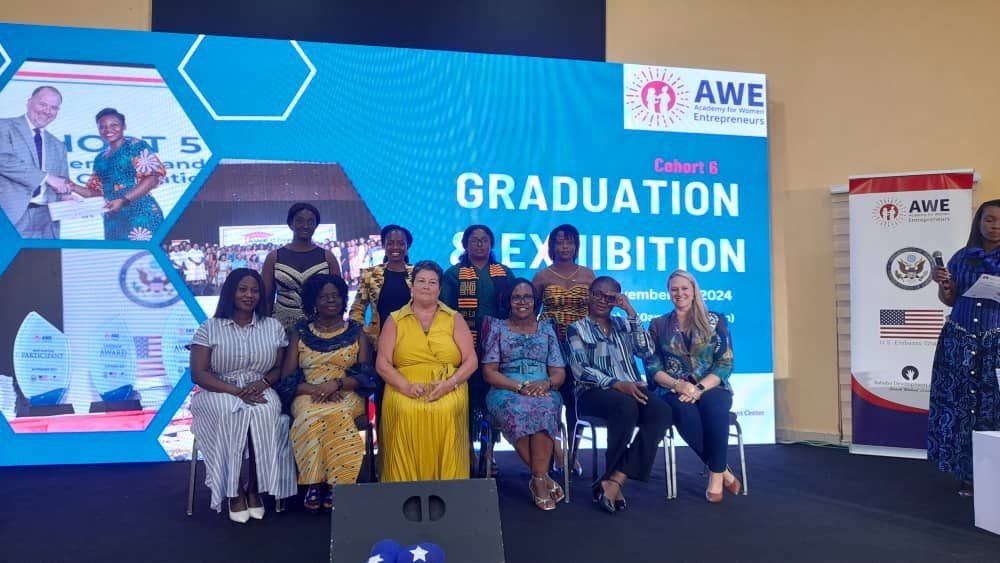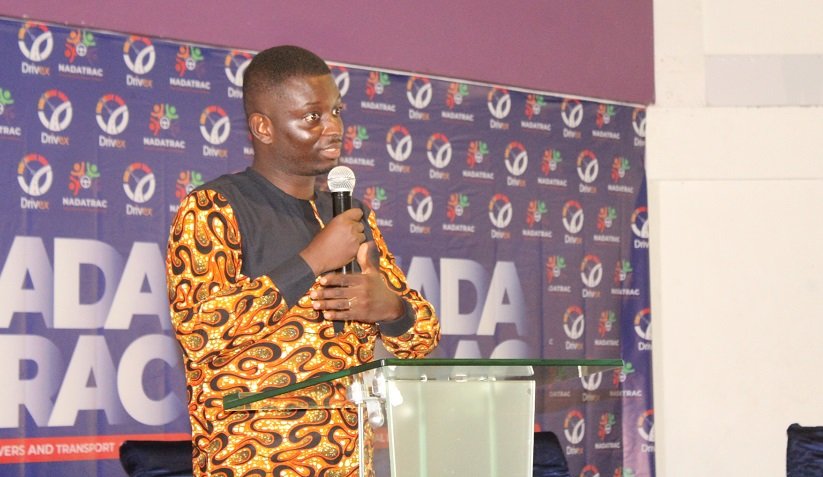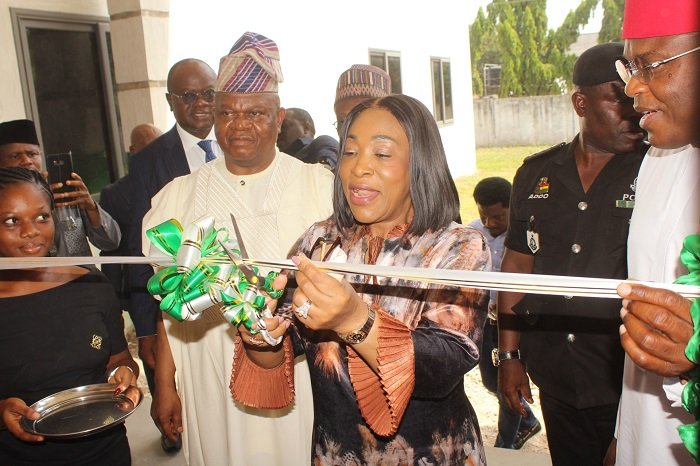ARTICLE AD
Stakeholders in the health sector must increase breast cancer awareness programmes to save lives, the General Secretary of the Industrial and Commercial Workers Union (ICU) Ghana, Mr Morgan Ayawine, has stated.
“Through the provision of education about the characteristics of breast cancer, we believe that more people can become informed about this disease, leading to improved treatment outcomes due to early detection and better treatment methods,” he added.
Mr Morgan stated this in a speech read on his behalf by the Chief Industrial Relations Officer of ICU, Ms Maku Vodee, at the commemoration of the International Breast Cancer Awareness Month at Abokobi in the Ga East Municipal Assembly on Saturday.
The programme which was organised by the Industrial and Commercial Workers Union (ICU) Ghana in collaboration with Hillview Guest Centre, brought together representatives of ICU women wing and staff of the union across the country.
He said as employers and trade unions, the workforce and members were important assets and anything that affected them “negatively affects us all.”
The General Secretary said advocacy was crucial to create deeper knowledge and empowerment for women with breast cancer.
A Women’s Nurse Health Specialist at the Shai Osu Doku District Hospital, Mrs Ruth Katamanso, said over 4,000 women were diagnosed annually with breast cancer with half of them reporting late at health facilities.
She said 28 to 30 per cent mortalities were recorded annually in Ghana and urged women to go for early screening at health facilities to ensure early prevention.
Mrs Katamanso urged the public to support women with breast cancer and called on them to desist from stigmatisation.
The General Manager of the Hill View Guest House, Ms Erica Alliah, in her remarks said the programme would promote early detection, prevention and also foster a supportive community for those affected by breast cancer.
“It’s essential that we come together to learn, share, and raise awareness,” she added.
Ms Alliah said breast cancer affected thousands of women around the world every year, and raising awareness was a critical step in the fight against this disease.
As part of the programme there was health screening programme for participants on mammograms and other tests.
Counselling sessions by healthcare professionals was also organised for the participants.
BY ANITA NYARKO YIRENKYI

 1 month ago
11
1 month ago
11 

